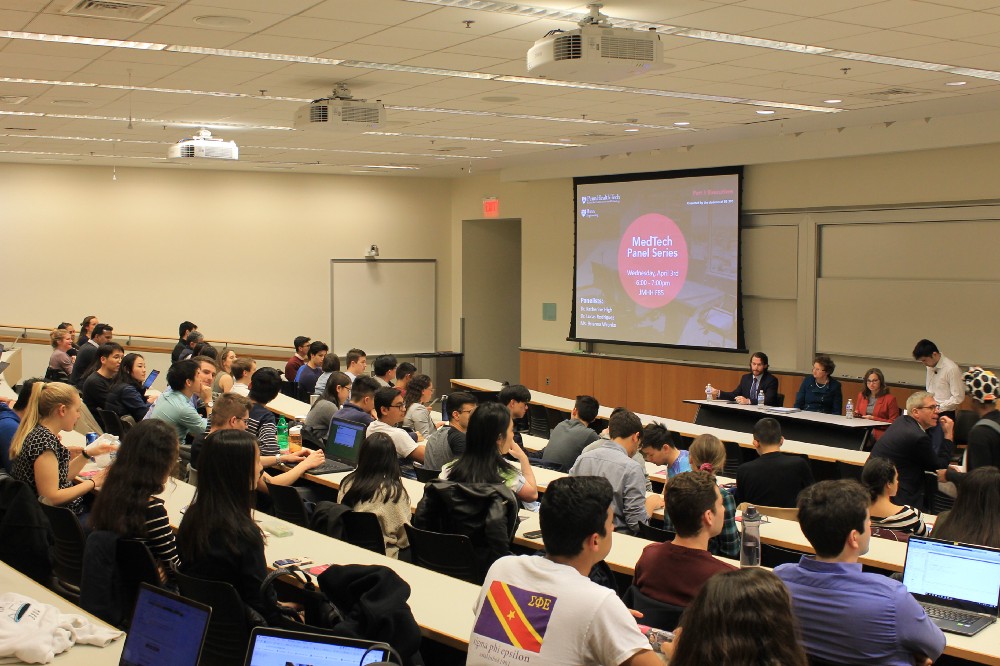
Given the closing of schools in response to the coronavirus pandemic, professors teaching lab-based courses were forced to make some changes. One such course, the Department of Bioengineering’s Medical Device Development (BE 472) taught by Matthew R. Maltese, Ph.D., usually requires students to develop a medical device and learn how to lead a startup venture for it. Over the semester, students design prototypes for unmet needs in the medical device community, and then go on to learn about business-related aspects of the project, like fundraising, regulations, teamwork, and leadership. Maltese often encourages junior engineering students to take the course, in the hopes that their projects might become launchpads for their senior design projects the following year.
But with the pandemic’s interruptions to education restricting access to the lab, or even to some of the schematics for their earlier designs, Maltese’s Spring 2020 students had to re-focus on the business side of their projects.
Fortunately, the shift to online learning came late enough in the semester that most students had already come up with solid project ideas. Maltese then shifted gears to the less hands-on parts of the course. “There’s lots of elements to this course that are not focused on putting hands on hardware,” he says. “They’re focused on distilling and disseminating information about your endeavor to people that are interested.”
Continue reading on the Penn Bioengineering Blog.
